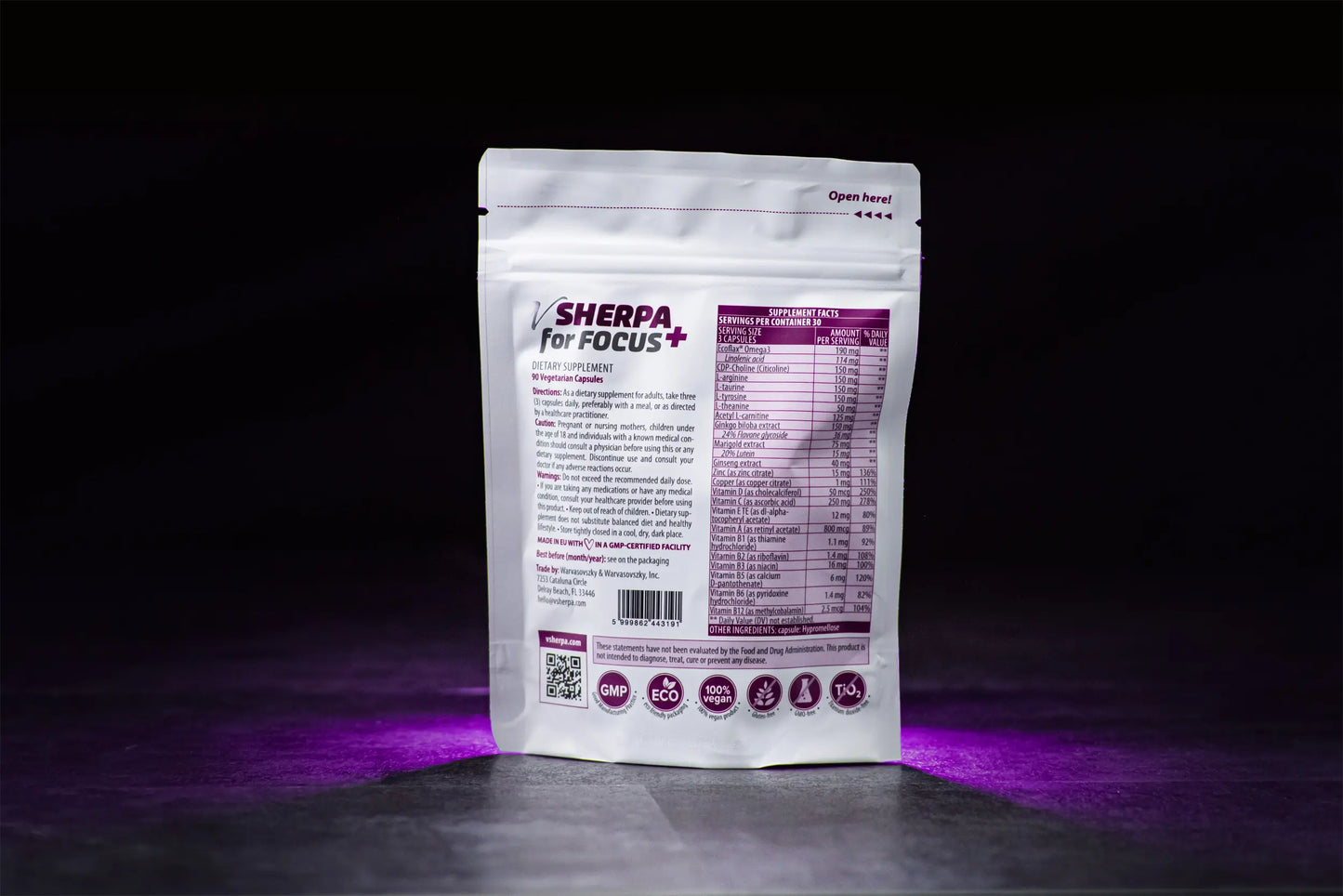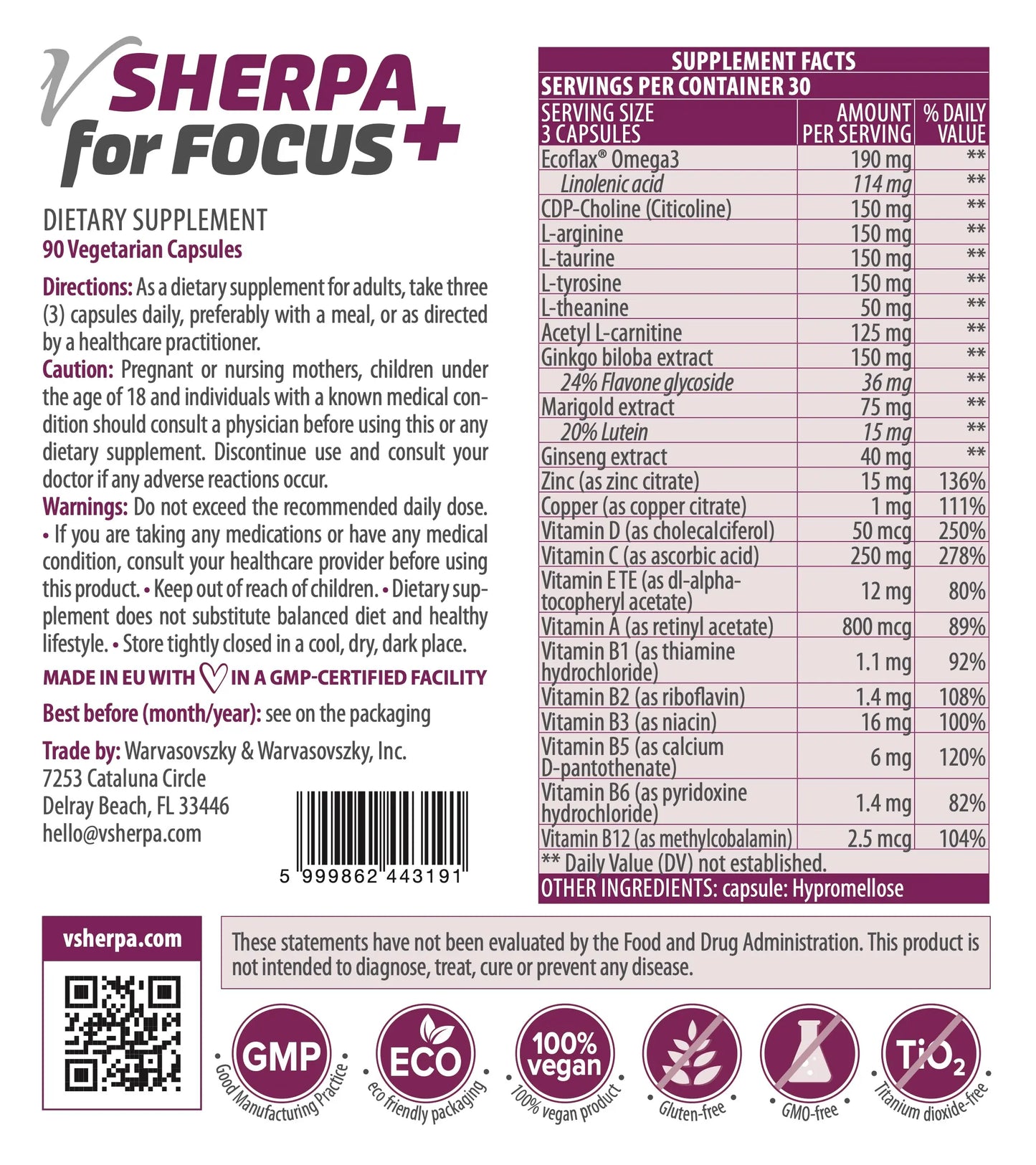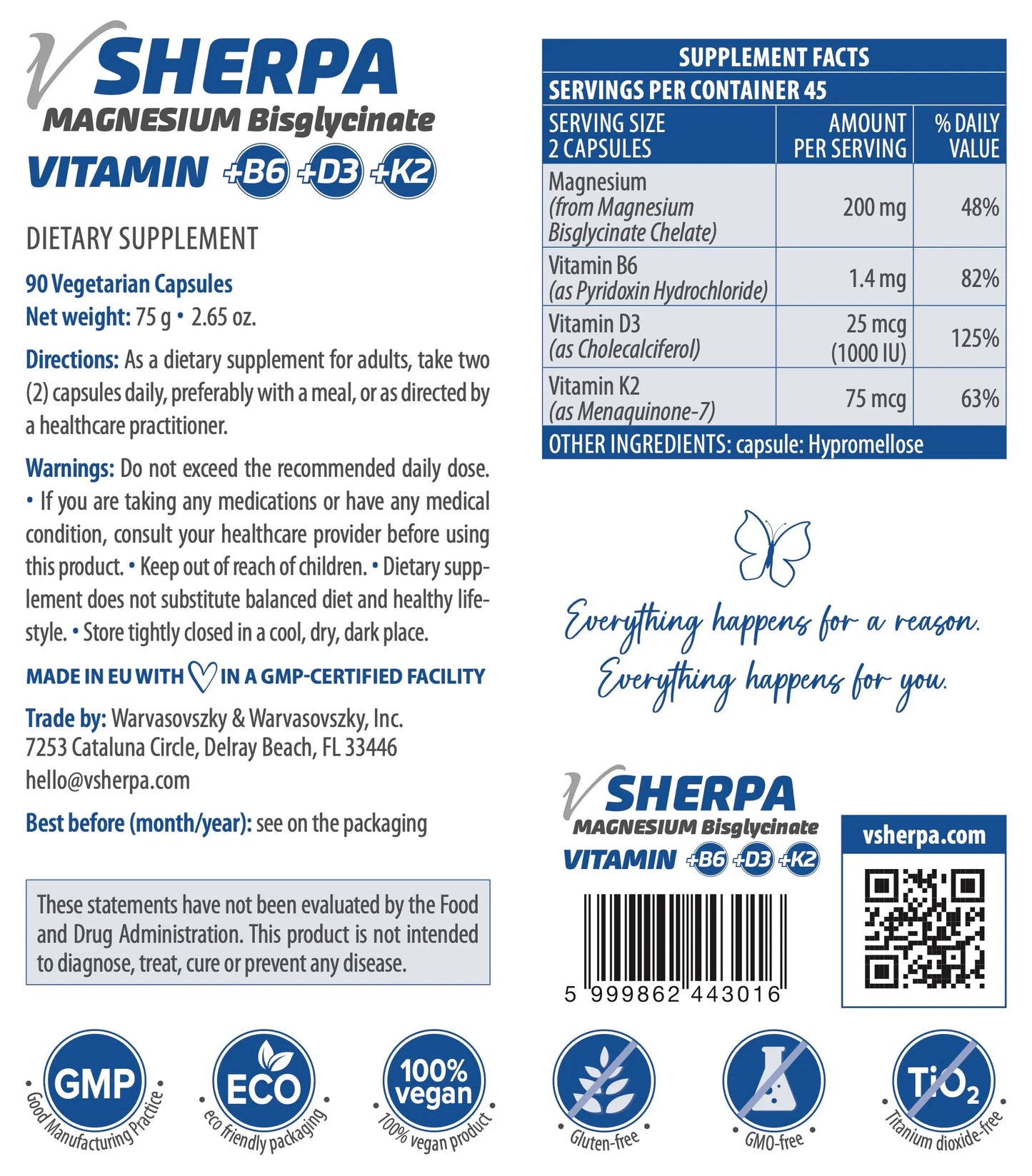
Ginkgo Biloba: A Natural Ally Against ADHD Symptoms
Share
Attention Deficit Hyperactivity Disorder (ADHD) is a well-documented psychiatric condition prevalent among children, characterized by symptoms of hyperactivity and aggressive behavior. The root causes of ADHD are believed to stem from neurobiological dysfunctions, making the search for effective treatments a complex endeavor. While psychostimulants are the go-to therapeutic option, their associated side effects raise concerns, prompting the exploration of alternative remedies.
Enter Ginkgo biloba, a herbal supplement with a long history of use in traditional medicine, now gaining attention for its potential benefits in managing ADHD-like symptoms. This review delves into the protective potential of Ginkgo biloba, focusing on its ability to modulate key neurotransmitter systems, including dopamine, serotonin, and norepinephrine, which play pivotal roles in ADHD pathophysiology.
The Role of Ginkgo Biloba in Modulating Neurotransmitter Systems
Ginkgo biloba's therapeutic effects are attributed to its rich composition of flavonoid glycosides and terpene trilactones, compounds known for their antioxidant and neuroprotective properties. These phytochemicals are believed to interact with the neuronal system in a way that could alleviate ADHD-like conditions, through mechanisms that remain the subject of ongoing research.
Pharmacological Mechanisms of Action
The review summarizes recent studies on various Ginkgo biloba preparations, highlighting their potential in treating ADHD symptoms through novel molecular mechanisms. The pharmacological actions of Ginkgo biloba's phytochemical components not only contribute to its antioxidant potential but also offer neuroprotection, making it a promising complementary approach for individuals seeking alternatives to conventional ADHD medications.
Conclusion
As the search for effective ADHD treatments continues, Ginkgo biloba emerges as a potential natural supplement that could offer relief from ADHD symptoms without the harsh side effects associated with traditional psychostimulants. This review underscores the need for further research into Ginkgo biloba's mechanisms of action and its efficacy in clinical settings, paving the way for more holistic approaches to ADHD management.
Source:
https://pubmed.ncbi.nlm.nih.gov/32329705/





























